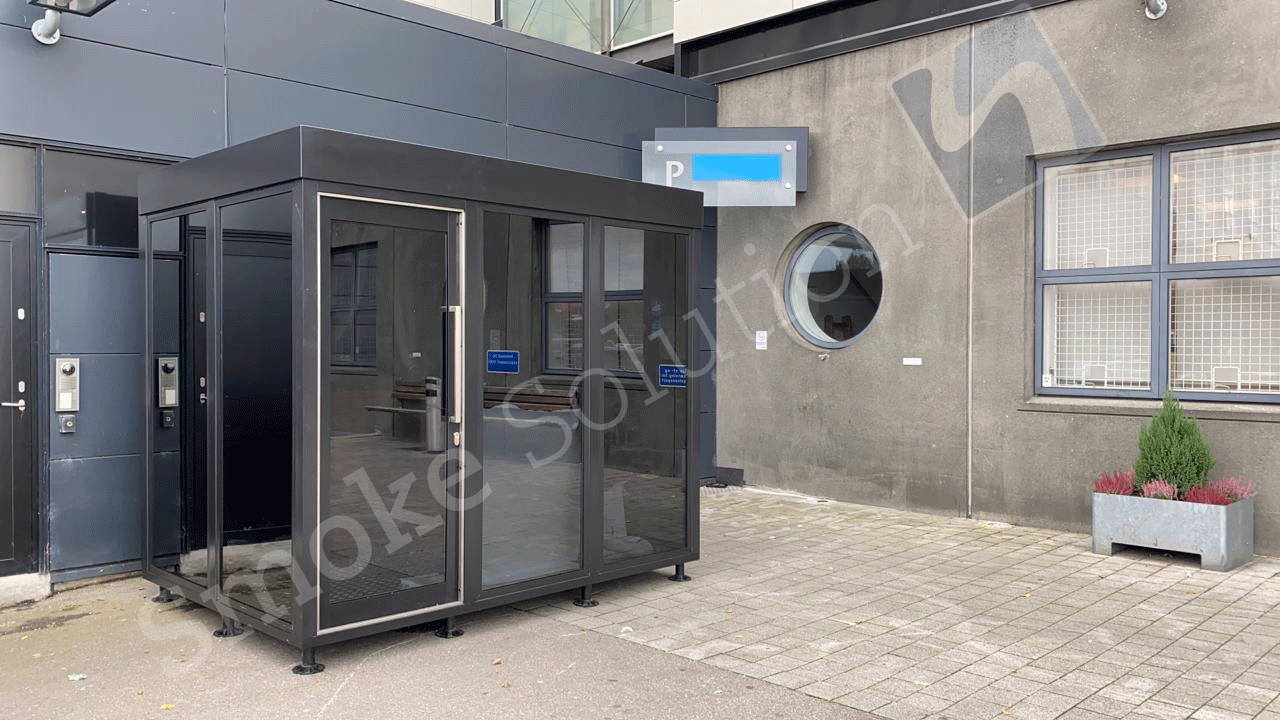The air we breathe indoors directly affects our health and well-being. From allergens to pollutants, the quality of indoor air can significantly impact our comfort and respiratory health. In this article, we’ll delve into essential tips and practices to help you create a healthier indoor environment and breathe easier.
The Importance of Indoor Air Quality
Indoor air quality plays a vital role in our daily lives. Poor air quality can lead to health issues like allergies, asthma, and respiratory infections. Recognizing the significance of breathing clean air indoors motivates us to take proactive steps to enhance indoor air quality.
Proper Ventilation: Fresh Air Exchange
Effective ventilation is key to maintaining good indoor air quality. Regularly exchange indoor air with fresh outdoor air by opening windows and using exhaust fans in areas prone to moisture buildup, such as kitchens and bathrooms. Adequate ventilation helps prevent the accumulation of pollutants and improves overall air circulation.
Filtering Air with Air Purifiers
Air purifiers equipped with HEPA filters can significantly improve indoor air quality by capturing particles like dust, pet dander, and pollen. Place air purifiers in high-traffic areas and bedrooms to ensure the air you breathe is free from allergens and pollutants.
Banishing Tobacco and Smoke
Tobacco smoke and secondhand smoke are harmful indoor pollutants that can compromise air quality. Establish a smoke-free environment indoors, as cigarette smoke contains harmful chemicals that can linger in the air and affect both smokers and non-smokers.
Taming Allergens and Dust Mites
Regular cleaning and decluttering help reduce indoor allergens like dust mites, mold, and pet dander. Vacuum with a HEPA filter and wash bedding regularly to minimize the presence of allergens that can trigger respiratory issues.
Indoor Plants: Natural Air Purifiers
Certain indoor plants, such as snake plants and spider plants, can act as natural air purifiers by absorbing pollutants and releasing oxygen. Introduce these plants into your living spaces to enhance air quality while adding a touch of greenery to your home.
Controlling Humidity Levels
Maintaining optimal humidity levels is essential for preventing mold growth and improving indoor air quality. Use dehumidifiers in damp areas and ensure proper ventilation to keep humidity within the recommended range.
Non-Toxic Cleaning Products
Many traditional cleaning products emit volatile organic compounds (VOCs) that can negatively impact indoor air quality. Opt for non-toxic, eco-friendly cleaning products to reduce the release of harmful chemicals into the air.
Regular HVAC Maintenance
Regular maintenance of heating, ventilation, and air conditioning (HVAC) systems is crucial for maintaining indoor air quality. Change air filters regularly, schedule professional HVAC inspections, and ensure proper system function to prevent the circulation of pollutants.
A Breath of Fresh Air: Prioritizing Your Health
Improving indoor air quality isn’t just about comfort; it’s about prioritizing your health and well-being. By implementing these tips and practices, you create an environment where you can truly breathe easy, fostering a healthier and more comfortable lifestyle.
In conclusion, taking steps to improve indoor air quality is an investment in your health and the health of your loved ones. From proper ventilation to using air purifiers and reducing indoor pollutants, each action contributes to creating a cleaner and more breathable indoor environment.


